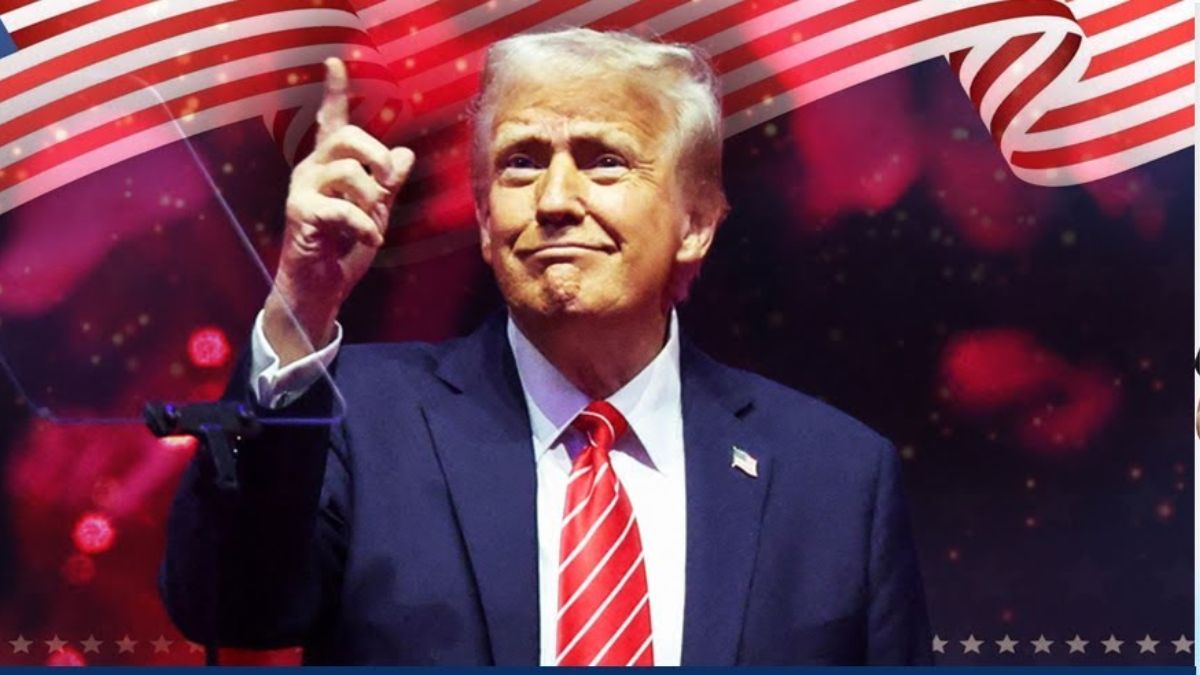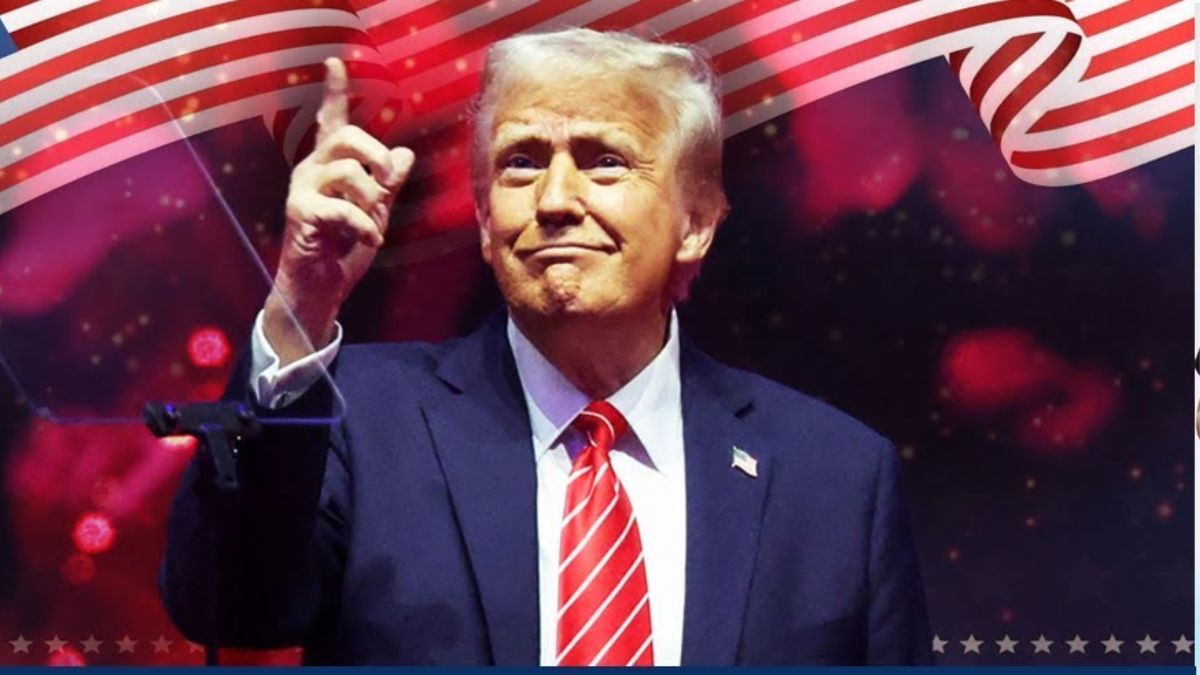As India celebrated its hard-won Independence from the British at the stroke of midnight on August 14 1947, Mahatma Gandhi was not in New Delhi to join the festivities. In fact, Bapu, the most renowned face of India’s freedom struggle, did not observe the celebrations at all.
When Jawaharlal Nehru delivered his oft-quoted ‘Tryst with Destiny’ speech to the Indian Constituent Assembly in Parliament, Gandhi was away from this grand ceremony in Calcutta (now Kolkata) trying to douse the flames of communal fire stoked by Partition.
What did Mahatma Gandhi do when India rang its Independence from British rule on August 15 1947? With India completing 77 years of Independence, let’s return to the day in history when the free country was born.
Mahatma Gandhi in Calcutta
Gandhi, also revered as ‘Father of the Nation’, arrived in Calcutta on August 9 1947. From there, he was to travel to Noakhali (now in Bangladesh), where he vowed to shield the minority Hindu community when Partition happened and East Bengal became East Pakistan (current Bangladesh), according to Mahatma’s great-grandson Tushar Gandhi’s piece for The Hindu.
A delegation of local Muslims met Gandhi and urged him to stay in Calcutta to protect Muslims. Bapu said he will stay and delay his travel on the condition that they guarantee the safety of the minority community in Noakhali. But if there is violence in Noakhali, he said he would undertake an “unconditional fast unto death”, as per The Hindu report.
Impact Shorts
More ShortsMahatma met Muslim League leader Huseyn Shaheed Suhrawardy, the former premier of Bengal, who requested him to stay back citing concern for the safety of Muslims. In return, Suhrawardy promised Bapu to ensure the safety of the Hindus in Noakhali.
Hyderi Mansion (now converted into a museum and called Gandhi Bhawan) in Beliaghata was chosen as the place for the two leaders to stay as Gandhi wanted to reside in a predominantly Muslim neighbourhood, noted The Telegraph.
However, Bapu’s decision infuriated some young Hindus who protested his move. According to The Hindu, Gandhi told them, “I am going to put myself under your protection. You are welcome to play the opposite role if you so choose. I have nearly reached the end of my life’s journey. I have not much farther to go. But let me tell you that if you again go mad, I will not be a living witness to it. I have given the same ultimatum to the Muslims of Noakhali, too; I have earned the right. Before there is another outbreak of Muslim madness in Noakhali, they will find me dead.”
On the eve of August 14, addressing a prayer meeting, Gandhi urged people to observe a 24-hour fast and pray for India’s well-being.
As per The Hindu, Hyderi Mansion came under attack after the prayers as some pelted stones from outside, shattering window glass panes. Bapu spoke to the mob and pacified them. He then called Suhrawardy who accepted responsibility for communal riots in Noakhali that took place between October-November 1946.
Suhrawardy, Bengal’s interim chief minister at the time, was accused of allowing violence against the Hindu minority in Noakhali to support the Muslim League’s demand for Partition, reported The Wire.
Suhrawardy’s regret and acceptance of his role had a “cleansing effect” on the crowd, Tushar wrote for The Hindu article citing his great-grandfather.
As India gained freedom from British rule at midnight on August 14-15, Gandhi was “fast asleep” after spinning his khadi yarn, as per the article.
Acharya Kripalani, Gandhi’s associate and former president of the Indian National Congress, was also in Calcutta and not in Delhi to usher in Independence, as per ThePrint.
Independence Day 1947
Gandhi spent Independence Day praying, holding a fast and spinning khadi.
According to The Collected Works of Mahatma Gandhi, in a letter to his friend Agatha Harrison in London, Bapu said that “my way of celebrating great events, such as today’s, is to thank God for it and, therefore, to pray”.
When the new Governor of West Bengal, C Rajagopalachari, congratulated Gandhi on the “miracle he had wrought”, apparently by stopping violence in the city, Gandhi replied “that he could not be satisfied until Hindus and Muslims felt safe in one another’s company and returned to their own homes to live as before. Without that change of heart, there was likelihood of future deterioration in spite of the present enthusiasm”, reported The Telegraph.
Gandhi also had a message for ministers of the West Bengal government who visited him on 15 August and sought his blessings. He said, “Today, you have worn on your heads a crown of thorns. The seat of power is a nasty thing. You have to remain ever wakeful on that seat. You have to be more truthful, more non-violent, more humble and more forbearing. You had been put to test during the British regime. But in a way it was no test at all. But now there will be no end to your being tested. Do not fall a prey to the lure of wealth. May God help you! You are there to serve the villages and the poor,” The Telegraph reported citing Manu Gandhi’s book The Miracle of Calcutta.
With inputs from agencies
This article was originally published in 2023 and is now being republished on the occasion of India’s 78th Independence Day.


)

)
)
)
)
)
)
)
)



